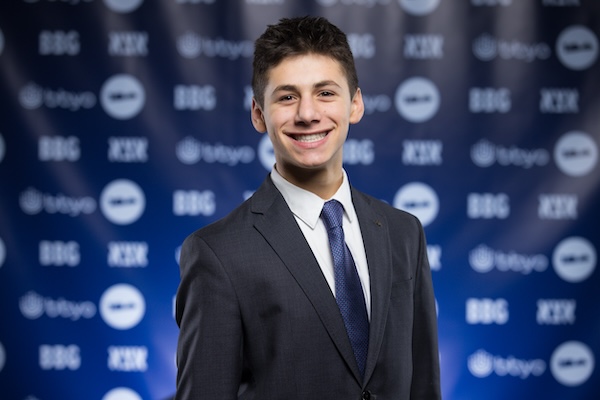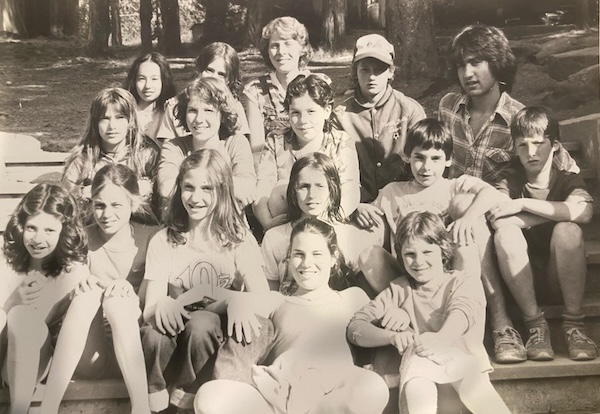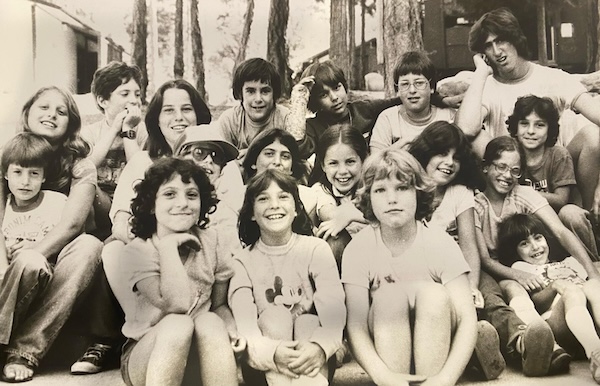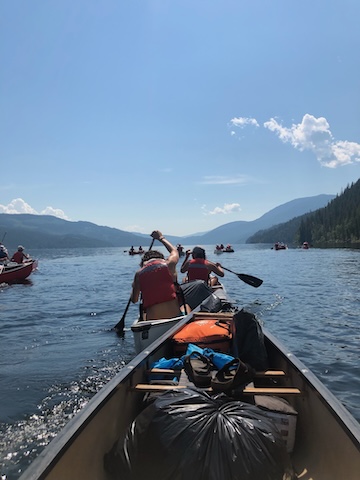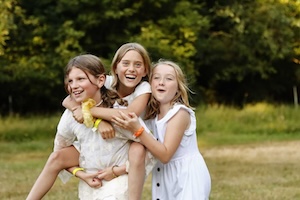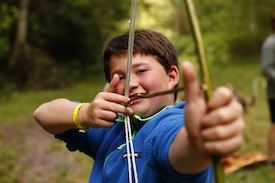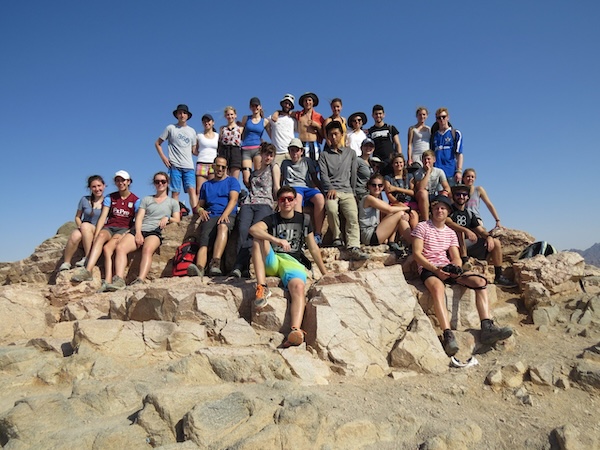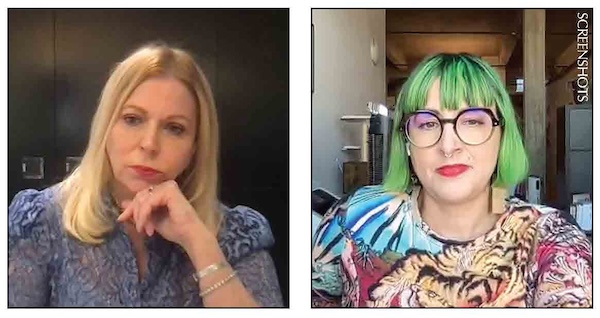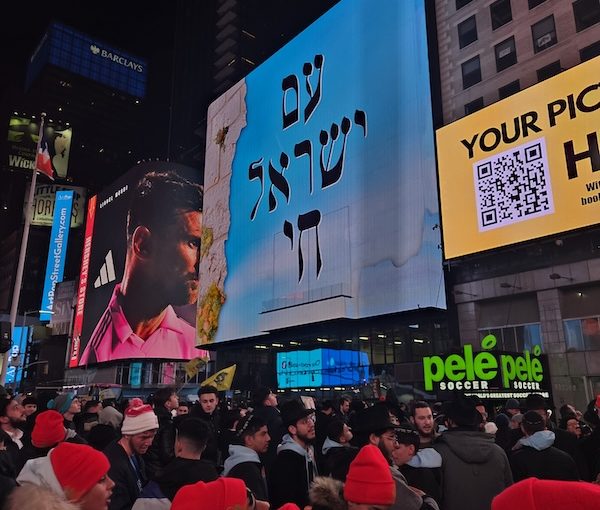Panelists Margaret Gillis, left, and Dr. Melanie Doucet were the experts featured at this year’s Simces & Rabkin Family Dialogue on Human Rights, which focused on ageism.
“Ageism is anytime we make an assumption, a judgment, a stereotype, or discriminate based on age. And this can go in any direction. You’ve often heard people say, ‘too young to understand,’ ‘too old to understand.’ It can be directed toward oneself. It manifests in our interrelationships with others. And it is evident in our institutions and organizations. In fact, it is everywhere,” said Zena Simces in her remarks at the sixth annual Simces & Rabkin Family Dialogue on Human Rights, which took place over Zoom on Oct. 28.
Ageism impacts many aspects of life, said Dr. Simon Rabkin. “It affects our health, both physical and mental,” he said. “Studies have shown that psychosocial impacts of ageism include low self-esteem, self-exclusion, lack of self-confidence and loss of autonomy, both for older and younger people. The data indicate that workplace ageism is associated with increased depression and long-term illness. Importantly, studies have found that older persons with more negative self-perceptions of aging have significantly reduced longevity.”
Simces and Rabkin set the stage for the dialogue, which was called Too Old, Too Young: A Conversation on Ageism and Human Rights. It featured Margaret Gillis, founding president of the International Longevity Centre Canada (ILCC) and co-president of the International Longevity Centre Global Alliance, and Dr. Melanie Doucet, an associate with the Centre for Research on Children and Families at McGill University, who is a former youth in care. The discussion was moderated by Andrea Reimer, an adjunct professor at the University of British Columbia’s School of Public Policy and Global Affairs, who herself survived as a street-involved youth.
Gillis focused on the impact of ageism on older persons. She gave examples of human rights violations taking place in Canada, including that Canada’s long-term care homes have been under strain and in need of reform for at least two decades. She said an estimated one in 10 older Canadians experiences some form of elder abuse, adding that such abuse is underreported. She spoke about ageist employment practices and negative media representations of older persons.
“Ageism is toxic to the global economy and to health,” she said. “For instance, a US study showed a massive $63 billion per year impact on the economy as a result of ageism in health care. Perhaps one of the most distressing aspects of ageism is its prevalence, the World Health Organization finding one in every two persons is ageist.”
Nonetheless, not much is being done about it, said Gillis.
“I should note that there are protections against ageism in the Canadian Human Rights Code and the provincial human rights codes. But, the problem is, this takes time, money and know-how and our legislation and court process are not well-equipped to remedy complex situations like ageism easily and cost-effectively.”
Gillis encouraged people to join the Canadian Coalition Against Ageism, which she established. It comprises organizations and individuals who are working to confront ageism and bring about changes, based on the WHO global report on ageism.
She advocates for the adoption of a United Nations Convention on the Rights of Older Persons.
“In general, a convention is a method to achieve positive change by combating ageism, guiding policy-making and improving the accountability of governments at all levels, which we most certainly need,” said Gillis. “A convention would also educate and empower, and we’d see older people as rights holders with binding protections under international law.”
Doucet spoke about the human rights of younger persons, specifically youth who age out of the care system. She explained that youth age out of care at the age of majority and that, in British Columbia, about 1,000 youth age out annually.
A video Doucet made as part of her doctoral research included data on the difficulties most young people exiting care experience: 200 times the risk of homelessness, post-traumatic stress disorder rates on par with war veterans, and fewer than 50% finish high school.
Statistics Canada Census data from 2016 indicated that nearly 63% of youth ages 20 to 24 were still living with their parents, with almost 50% staying home until the age of 30. “And I’m sure those statistics have even increased since the pandemic,” said Doucet.
“Youth in care don’t have that luxury. They’re legislated to leave the system at age of majority. So, they’re deemed too old to remain in the child-welfare system after they reach age 18 or 19, depending on where they live in Canada, but, yet, too young to be sitting at the table when policy decisions are being made that impact them, sometimes even at their own intervention planning meetings with social workers.”
Additionally, in the last 20 years or so, a new developmental phase – “emerging adulthood,” which occurs between the ages of 19 and 29 – has been acknowledged in the academic literature, said Doucet. “It’s a phase that encompasses young people who are not necessarily children anymore but they’re not quite adults, and it provides room for identity exploration, trial and error, obtaining post-secondary education, and just figuring out one’s own place in the world. Youth in care aren’t able to experience this crucial developmental phase because of the legislated age cutoffs.”
There are studies that measure the benefits to both the youth affected and society at large of extending the age cutoff: “a return of $1.36 for every $1 spent on extending care up to age 25,” Doucet said.
Meanwhile, the cost of not extending care is high. For example, youth in care lose their lives up to five times the rate of their peers in the general population, she said. Poverty is more prevalent, as is homelessness, as previously noted.
“Out of the 36 countries in the global north, Canada is one of the six that does not have federal legislation to protect the rights of youth in care,” said Doucet. “While Canada has ratified the UN Convention on the Rights of the Child [CRC], it only provides human rights protections for children and youth until the age of 18. So, youth in care who are transitioning into adulthood actually don’t fit within the UN CRC because they’re deemed too old, even though they are a vulnerable population that experiences multiple human rights violations. This highlights that age-based discrimination is very much entrenched into the mainstream child welfare system in Canada.”
In the question-and-answer period, Gillis outlined three recommendations in the UN’s report on ageism: education/awareness campaigns; changes to laws, programs and policies, starting with long-term care and other basic human rights; and intergenerational work. We need to look at what other countries are doing, the evidence, best practices, she said, and pensions and other financial programs must keep up with cost-of-living.
Doucet spoke about initiatives she and her colleagues have undertaken.
“We developed what we’re calling the equitable standards for transitions to adulthood for youth in care. We released those in 2021, myself and the National Council of Youth in Care Advocates, which is comprised of people with lived experience from across the country, youth-in-care networks, and a couple of ally organizations, like Away Home Canada and Child Welfare League of Canada. This was our way to provide a step-by-step rights-based approach that centred on lived expertise, research and best practices, to guide how youth in care need to be supported as they transition to adulthood.”
There are eight pillars: financial, educational and professional development, housing, relationships, culture and spirituality, health and well-being, advocacy and rights, emerging adulthood development. And each pillar has an equitable standards evaluation model. For example, about housing: “Every young person should have a place they can call home, without strict rules and conditions to abide by.”
“The ultimate goal [of] this project for us is, eventually, we are living in a society where the term ‘aging out’ no longer exists for youth in care, that they transition to adulthood based on readiness and developmental capacity instead of an arbitrary age,” said Doucet.
The Simces & Rabkin Family Dialogue on Human Rights was introduced by Angeliki Bogiatji of the Canadian Museum for Human Rights, which is a partner of the annual event. Juanita Gonzalez of Equitas – International Centre for Human Rights Education, also a program partner, closed out the proceedings.

